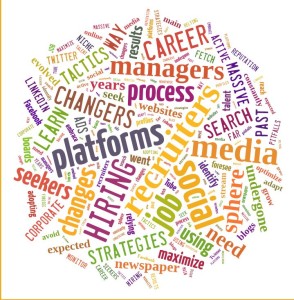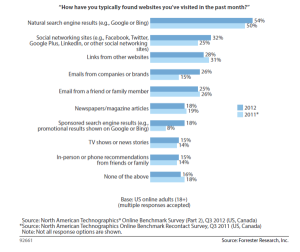 Under the new FDA social media guidance, manufacturers would be responsible for monitoring their social media platforms for comments considered inaccurate, misleading or related to non approved or off label use.
Under the new FDA social media guidance, manufacturers would be responsible for monitoring their social media platforms for comments considered inaccurate, misleading or related to non approved or off label use.
They would also be liable when third party websites they have collaborated with publishes or do not filter articles, posts, ads or comments considered inaccurate, misleading or related to non approved or off label use.
All three major industry trade associations – the Pharmaceutical Research and Manufacturers of America (PhRMA), the Biotechnology Industry Organization (BIO) and the Advanced Medical Technology Association (AdvaMed) warn FDA of significant flaws in the agency’s proposed regulations on the use of social media.
Their contention being that information and comments published online by third party comes under the first amendment and they should not have to monitor, correct or remove them even if they are misleading
The first amendment argument has been widely used to justify misleading information in non regulated industries but in the healthcare industry, misleading information, even by third party can have wide ranging consequences on the health of patients, raise false hope and create undue pressure by ill patients on doctors. Continue reading “FDA Social Media Guidance Controversy”






